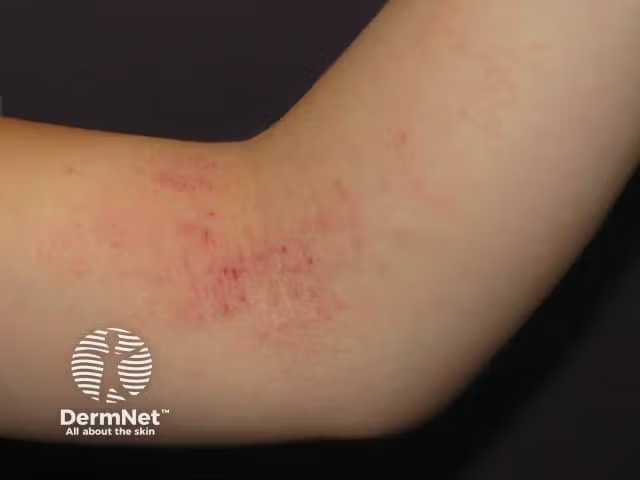- Case-Based Roundtable
- General Dermatology
- Eczema
- Chronic Hand Eczema
- Alopecia
- Aesthetics
- Vitiligo
- COVID-19
- Actinic Keratosis
- Precision Medicine and Biologics
- Rare Disease
- Wound Care
- Rosacea
- Psoriasis
- Psoriatic Arthritis
- Atopic Dermatitis
- Melasma
- NP and PA
- Skin Cancer
- Hidradenitis Suppurativa
- Drug Watch
- Pigmentary Disorders
- Acne
- Pediatric Dermatology
- Practice Management
- Prurigo Nodularis
- Buy-and-Bill
Video
An Overview of JAK Inhibitors
Author(s):
Linda Stein Gold, MD, provides an overview of the four JAK inhibitors currently available for treating inflammatory diseases.
Linda Stein Gold, MD: Hello, and welcome to this Dermatology Times®: Dermview, Understanding the Black Box Warning for JAK Inhibitors. My name is Dr Linda Stein Gold, and I’m the Director of Dermatology Clinical Research and division head of dermatology at Henry Ford Health System in Detroit, Michigan. I’m thrilled to be joined by my friend and colleague, Dr Matthew Zirwas. He is the founder of Bexley Dermatology Research Clinic in Bexley, Ohio. Today on JAK talks, we’re going to talk about the role of JAK [Janus kinase] inhibitors in inflammatory diseases. We’re going to talk about the black box warning for JAK inhibitors as well. Let’s go ahead and get started. Matt, thank you so much for joining me today.
Matthew Zirwas, MD: I’m thrilled to be here, Linda.
Linda Stein Gold, MD: Let’s go ahead and start out by talking about the JAK inhibitors that are currently used in dermatology, and there are a number of them. First of all, we have tofacitinib [Xeljanz] and that is already FDA [Food and Drug Administration] approved for use in psoriatic arthritis. Then we have 3 JAK inhibitors that are currently awaiting approval by the FDA for use in atopic dermatitis. Two of them have other indications, but 1 of them is actually competing for the first indication: abrocitinib [Cibinqo]. So that’s not approved for anything yet. It’s going before the FDA now for atopic dermatitis. Then we have baricitinib [Olumiant], which has other indications, and upadacitinib [Rinvoq] which also has other indications. All 3 of these new drugs are currently awaiting approval by the FDA. Talking about atopic dermatitis, there is a drug that currently finished clinical trials for plaque psoriasis. Matt, we have other inflammatory skin diseases that we’re looking at JAK inhibitors for, can you comment on that?
Matthew Zirwas, MD: Yes, absolutely. So there are several JAK inhibitors that are being looked at for alopecia areata and vitiligo as well. I think those are going to be huge unmet needs and since some of these JAK inhibitors are already available for other indications. There have been case reports of use in things like lichen planus and granuloma annulare. It speaks to the broad spectrum of the anti-inflammatory effect of the JAK inhibitors, which is very different from our monoclonal antibodies that we’re very used to and that are very targeted and either work for a Th1 [type 1 T helper] or a Th2 [type 2 T helper] disease. JAK inhibitors seem to work well for both Th1 and Th2 diseases, so I think we’re going to see a broad usage, sort of off-label, in really challenging cases.
Linda Stein Gold, MD: That’s great. In addition, we have 1 topical JAK inhibitor, ruxolitinib [Jakafi] that was recently FDA approved for atopic dermatitis. We’ll start out with talking a little about the safety of JAK inhibitors, and this has recently come under a microscope because the FDA has broadened their warnings and issued some box warnings and additional box warnings, especially for the oral JAK inhibitors, as well as the new topical JAK inhibitor. We’ll go into that in detail.
Transcript edited for clarity.






